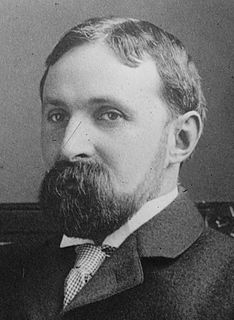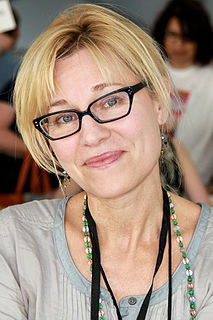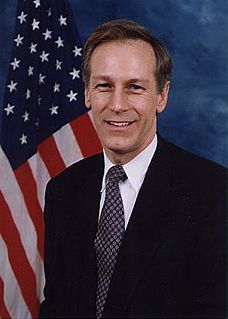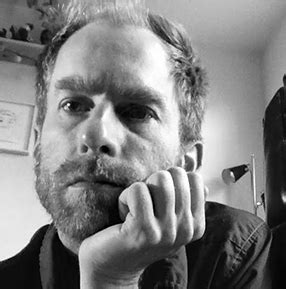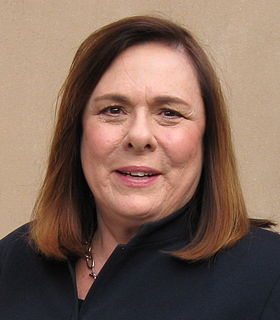A Quote by Ken Burns
I subscribe to William Faulkner's' view that history is not just about what we were before but who we are now.
Related Quotes
[I]t just makes me tired even thinking about it. It reminds me of that feeling I had before I left. Like my lungs were made of lead. Like I can't even think about starting to care about anything. Like I either wish that they were all dead, or I was, because I can't stand the pull of all that history between us. That's before I even pick up the phone. I'm so tired I never want to wake up again. But I've figured out now that it was never them that made me feel that way. It was just me, all along.
Do you think that Hemingway knew he was a writer at twenty years old? No, he did not. Or Fitzgerald, or Wolfe. This is a difficult concept to grasp. Hemingway didn't know he was Ernest Hemingway when he was a young man. Faulkner didn't know he was William Faulkner. But they had to take the first step. They had to call themselves writers. That is the first revolutionary act a writer has to make. It takes courage. But it's necessary
Stridey-Man: " Want 2 vaca w/me?" William: "Romantic getaway for 2? UR not my type" Stridey-Man: "I'm everyone's type. So U in or out? 'Cause I'm thinking about hooking up w/P, wherever he is. U'd just B extra baggage." William: "In" Stridey: "Knew you couldn't resist me. B ready in 5." William: "Right on. Make it 10. I want 2 style my hair for U. U know, just how U like it." Stridey: "Now U only have 8 minutes 2 do UR hair.
Printed media and other media indicated that Mr. Ellison was going to use the Koran, and that generated scores and hundreds of emails to my office. And so I thought it very important to state my view. And my view is that I don't subscribe to the Koran, and I will now be using the Bible when I take the oath.
William Faulkner was the master of what one must do to be serious. But I don't understand why people haven't moved forward from that, why that's not where the line in the sand is that you would see from. When I think about the reception of my own writing and what seems "difficult," there is an actual precedent.








